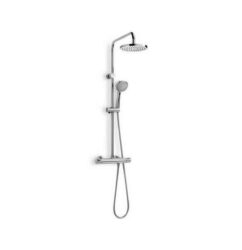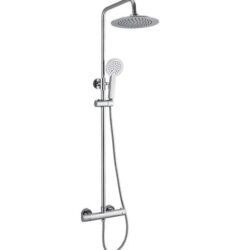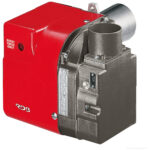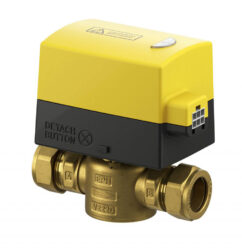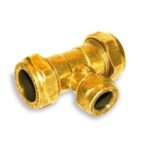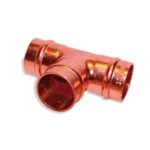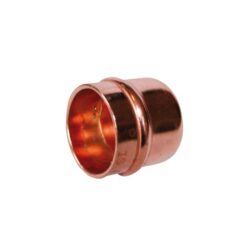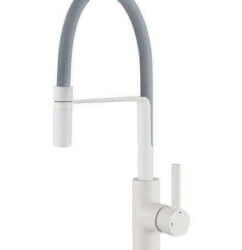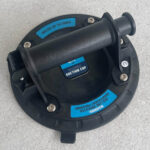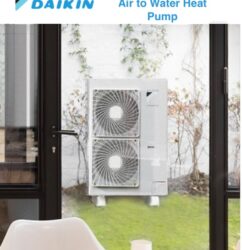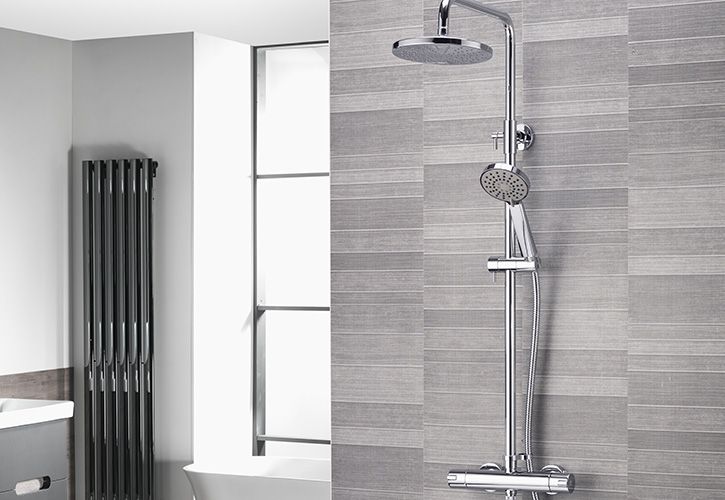Air to water heat pumps, often referred to simply as heat pumps, are highly efficient HVAC (Heating, Ventilation, and Air Conditioning) systems designed to extract heat from the outside air and use it for both space heating and domestic hot water production. They work on the principle of heat transfer and can reverse the process to provide cooling during warmer months, making them versatile year-round solutions.
How Do Air to Water Heat Pumps Work?
The operation of air to water heat pumps involves several key steps:
- Heat Absorption: In heating mode, the heat pump absorbs heat from the surrounding outdoor air.
- Heat Compression: The absorbed heat is then compressed using a refrigerant, significantly raising its temperature.
- Heat Distribution: The heated refrigerant is circulated through the indoor unit, where it releases the collected heat into the home’s heating system, such as underfloor heating or radiators. In cooling mode, the process is reversed, expelling heat from the indoor area.
Benefits of Air to Water Heat Pumps:
- Energy Efficiency: Air to water heat pumps are known for their high energy efficiency. They transfer heat rather than generate it, resulting in significant energy savings compared to traditional heating systems.
- Environmental Benefits: By reducing reliance on fossil fuels, heat pumps contribute to lower greenhouse gas emissions, promoting a greener and more sustainable environment.
- Versatility: Heat pumps provide both heating and cooling capabilities, making them suitable for year-round comfort.
- Cost Savings: With reduced energy consumption, homeowners can enjoy lower heating and cooling bills.
- Quiet Operation: Heat pumps are typically quieter than traditional HVAC systems, enhancing indoor comfort.
Applications of Air to Water Heat Pumps:
- Space Heating: Air to water heat pumps efficiently heat indoor spaces using radiators, underfloor heating, or fan coil units.
- Domestic Hot Water: These systems can also provide hot water for bathing, cooking, and cleaning.
- Cooling: In summer, the heat pump’s reverse cycle can be used for cooling purposes, maintaining a comfortable indoor temperature.
Considerations for Installation:
When considering an air to water heat pump installation, factors such as climate, available outdoor space, insulation levels, and budget should be taken into account. Consult with a qualified HVAC professional to assess your specific needs and recommend the most suitable system size and type for your home.
Conclusion:
Air-to-water heat pumps represent a significant advancement in energy-efficient home climate control. By harnessing the ambient heat from the outdoor air and using it for heating and cooling, these systems provide a cost-effective and environmentally friendly solution for homeowners. If you’re looking to upgrade your home’s HVAC system and reduce your carbon footprint, exploring air-to-water heat pump options is a wise and eco-conscious decision. Embrace the power of nature to provide year-round comfort and savings in your home.


